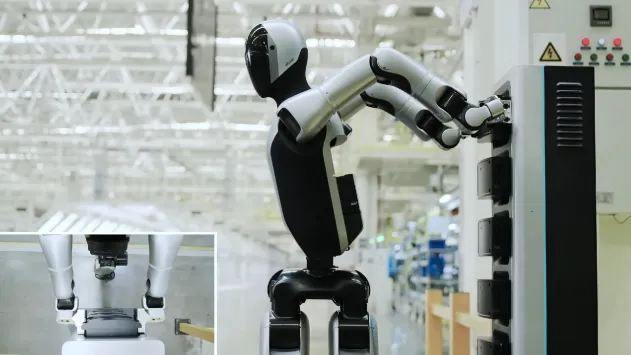An artificial intelligence model developed by an international team of researchers has demonstrated the ability to predict future events in people’s lives, including the time of their death.
Life2vec, a so-called transformer model trained on a massive volume of data to predict various aspects of a person’s life, was created by scientists in Denmark and the United States. After being fed data from Danish health and demographic records for six million people, like time of birth, schooling, education, salary, housing, and health, the AI model was trained to predict what would come next. According to its creators, Life2vec demonstrated an eerie ability to predict when people would die based on data analysis. For example, when tested on a group of people between the ages of 35 and 65, half of whom died between 2016 and 2020, it was able to predict who would die and who would live, with 78% accuracy.

Photo: Unsplash+/Getty Images
The research team led by Professor Sune Lehmann Jørgensen at the Technical University of Denmark pointed out that Life2vec was trained exclusively on data from Denmark, so the results may not be quite the same for people in other countries. However, Jørgensen also stressed that models like this one should not fall into the hands of corporations, although they are probably using such technology on us.
“Clearly, our model should not be used by an insurance company, because the whole idea of insurance is that, by sharing the lack of knowledge of who is going to be the unlucky person struck by some incident, or death, or losing your backpack, we can kind of share this burden,” Professor Jørgensen said.
Life2vec is currently not available for use by the public, but its creators suspect that similar models have already been developed and are being used by big tech companies with massive amounts of data to train them on.
Despite the ethical implications of using an AI model capable of estimating how much you have to live with startling accuracy, there is one undeniable upside – such a prediction can help you prevent your untimely death.
“Our framework allows researchers to discover potential mechanisms that impact life outcomes as well as the associated possibilities for personalized interventions, the team behind Life2vec wrote.











